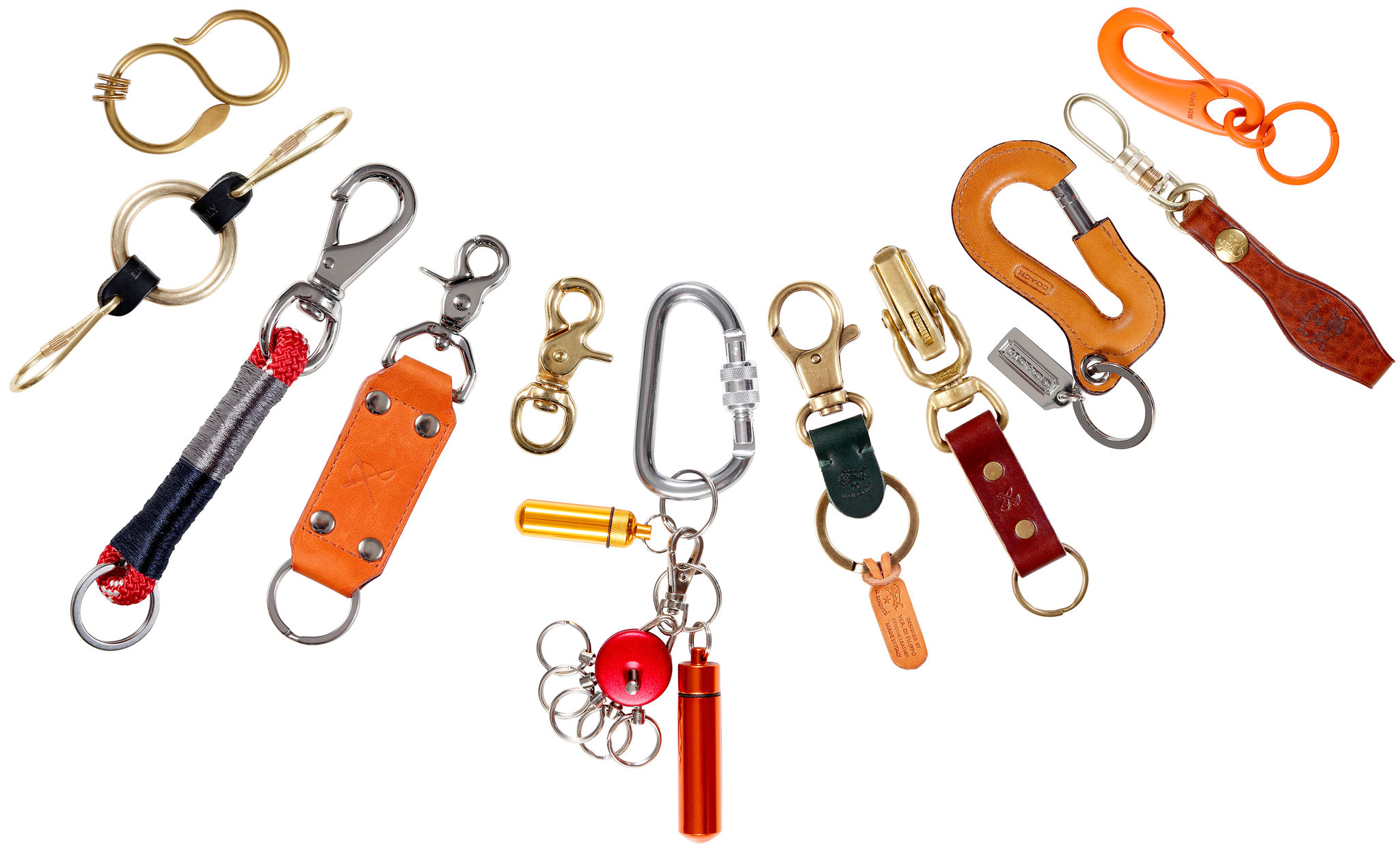
Keychains may seem like small and insignificant accessories, but they hold a surprising amount of cultural significance in different countries around the world. These tiny trinkets serve as more than just a way to keep your keys organized; they often carry symbolic meaning and reflect the values and traditions of their respective cultures. In this article, we will explore the cultural significance of keychains in different countries, shedding light on their unique roles and importance.
Japan: Omamori for Protection and Good Luck
In Japan, keychains called “omamori” hold great cultural significance. Omamori are small, fabric amulets often found in shrines and temples. They are believed to offer protection and bring good luck to the bearer. Traditionally, omamori are carried on keychains or attached to bags to ensure constant protection and blessings. Each omamori is dedicated to a specific deity or purpose, such as safe travels, academic success, or good health. Japanese people treasure their omamori, considering them sacred objects that bring fortune and ward off evil spirits.
China: Auspicious Symbols and Feng Shui
In Chinese culture, keychains are often adorned with auspicious symbols and elements of Feng Shui. These keychains serve as talismans to attract positive energy and ward off negative influences. Traditional Chinese symbols such as dragons, phoenixes, lucky coins, and the double happiness character are commonly featured on keychains. They are believed to bring good fortune, prosperity, and happiness. Chinese people value these symbolic keychains as tools for enhancing luck and creating harmony in their lives.
India: Religious and Spiritual Symbols
Keychains in India often feature religious and spiritual symbols that hold deep significance in the country’s diverse religious landscape. Hindu deities such as Lord Ganesha, Lord Shiva, and Goddess Lakshmi are commonly depicted on keychains. These keychains are not only functional but also serve as a way to carry the blessings and protection of these revered figures. In a country where spirituality is deeply ingrained in daily life, these keychains symbolize faith and devotion.
Mexico: Day of the Dead Skulls
In Mexico, keychains take on a unique cultural significance, particularly during the Day of the Dead celebrations. The Day of the Dead, or Dia de los Muertos, is a vibrant and colorful festival honoring deceased loved ones. Keychains featuring intricately designed skulls, known as “calaveras,” are popular during this time. These keychains serve as reminders of the cycle of life and death, celebrating the lives of those who have passed away. They are often brightly colored and adorned with elaborate decorations, showcasing the beauty and joy associated with remembering departed souls.
Egypt: Souvenirs from Ancient History
Egypt is known for its rich ancient history and iconic landmarks such as the pyramids and the Sphinx. Keychains featuring miniature replicas of these ancient structures are popular souvenirs for tourists visiting the country. These keychains serve as reminders of Egypt’s fascinating past and allow visitors to carry a piece of history with them wherever they go. They also contribute to the country’s tourism industry, acting as tangible mementos of the awe-inspiring monuments and landmarks.
United States: Expression of Identity and Interests
In the United States, keychains often serve as a means of self-expression and reflection of personal interests. Custom keychains allow individuals to showcase their hobbies, favorite sports teams, or pop culture icons. Whether it’s a keychain with a miniature basketball for a sports enthusiast or one featuring a famous movie character, these keychains represent an individual’s identity and passions. They serve as conversation starters and can create connections with others who share similar interests.
Embracing Cultural Diversity through Custom Keychains
Custom keychains, such as acrylic keychains, have become a popular way to personalize these cultural symbols and express one’s unique identity. People can create custom keychains that reflect their cultural background, celebrate their heritage, or simply showcase their artistic flair. With custom keychains, individuals can embrace and promote cultural diversity by designing keychains that highlight different traditions, symbols, and values from around the world.
Conclusion
Keychains may be small in size, but they carry immense cultural significance in different countries. From the sacred omamori of Japan to the symbolic Day of the Dead skulls in Mexico, keychains serve as more than just functional accessories. They reflect the values, traditions, and beliefs of their respective cultures. Keychains provide a way to express identity, protect against negative influences, celebrate spirituality, and preserve the memory of significant landmarks and events. Custom keychains further enable individuals to embrace cultural diversity and create personalized expressions of their interests and heritage. So, the next time you reach for your keychain, take a moment to appreciate the cultural significance it holds and the stories it represents.
